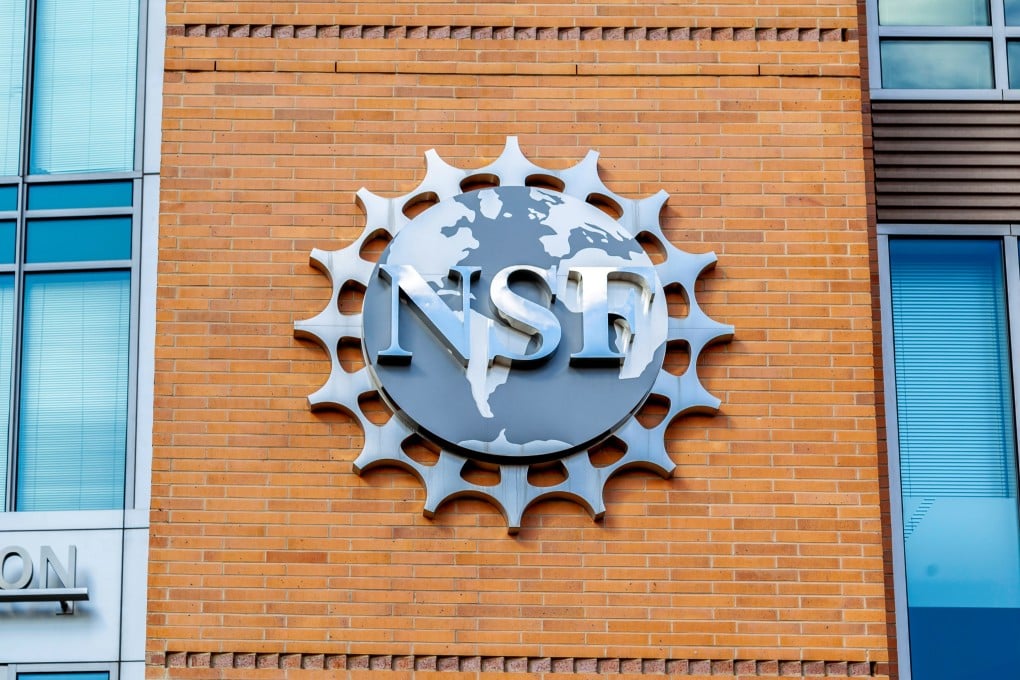Vast majority of US research institute disclosure violations related to China
- Since 2018, the National Science Foundation found all but two of 16 to 20 disclosure violations were related to China
- The revelation comes as the US has cracked down on perceived foreign interference in the sciences

The US National Science Foundation revealed on Wednesday that most cases where researchers violated American rules on foreign disclosures since 2018 were related to China.
Rebecca Keiser, the foundation’s first chief of research strategy and policy, told Nature magazine that 16 to 20 disclosure violations were discovered, and all but two of the cases were related to China.
The violations meant the agency reassigned, suspended or terminated grants and forced institutions to return funds or bar researchers from future funding.
The NSF is an independent research foundation of the US government.

Most of the cases involved grant recipients who had spent several months of the year outside the US, according to the report, published on Tuesday. The majority of the scientists in the China-related cases were US citizens who were not of ethnic Chinese descent.